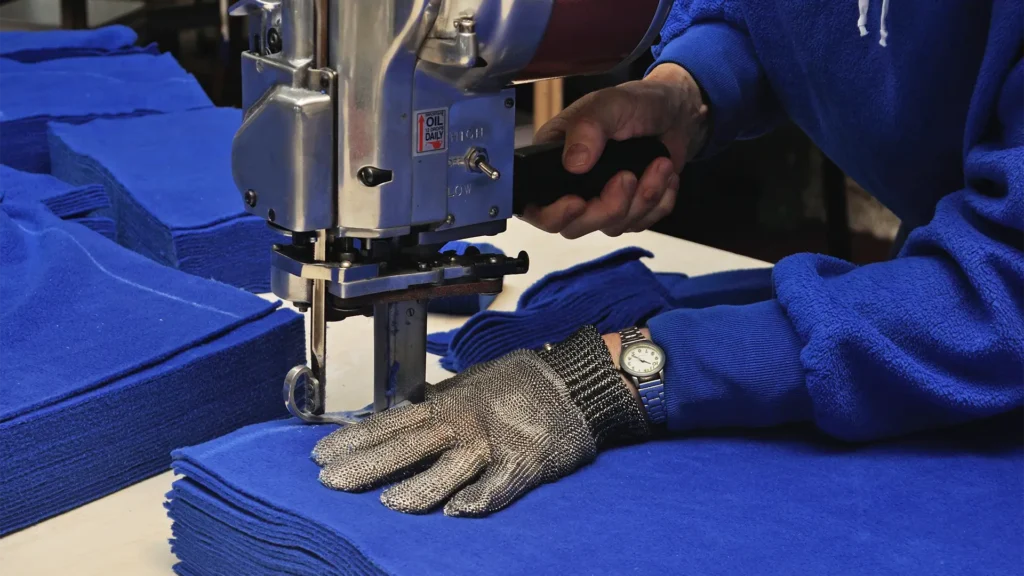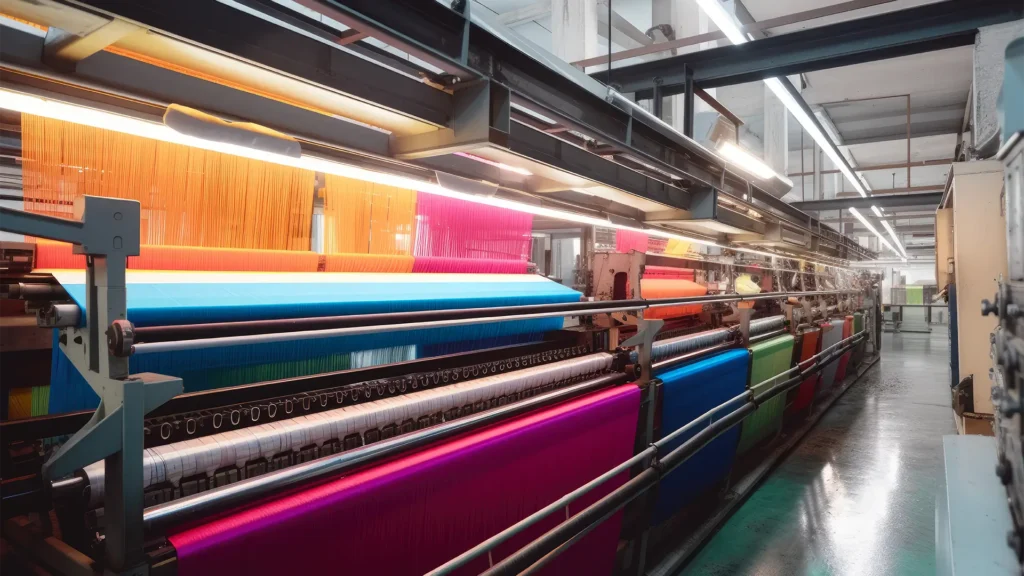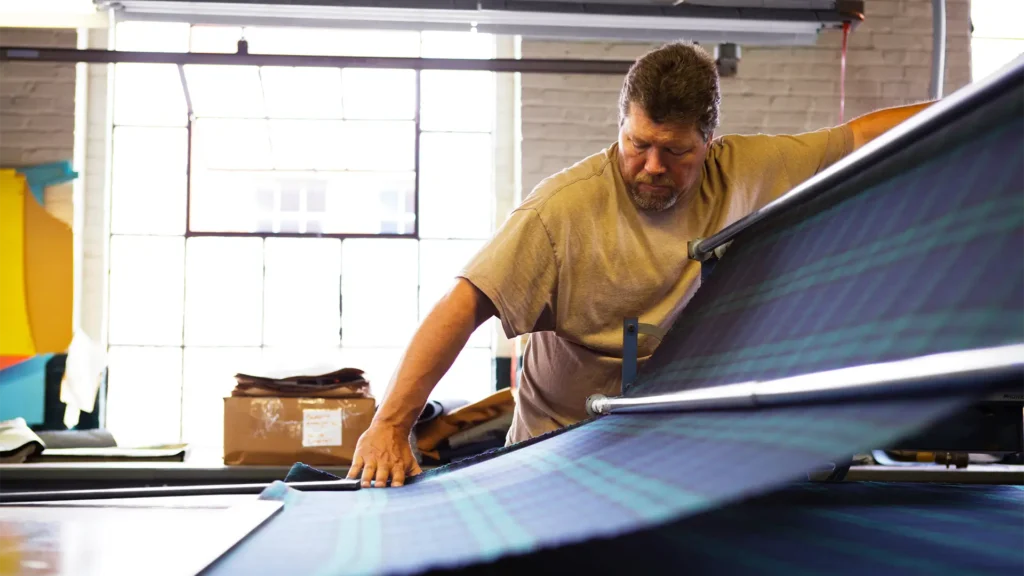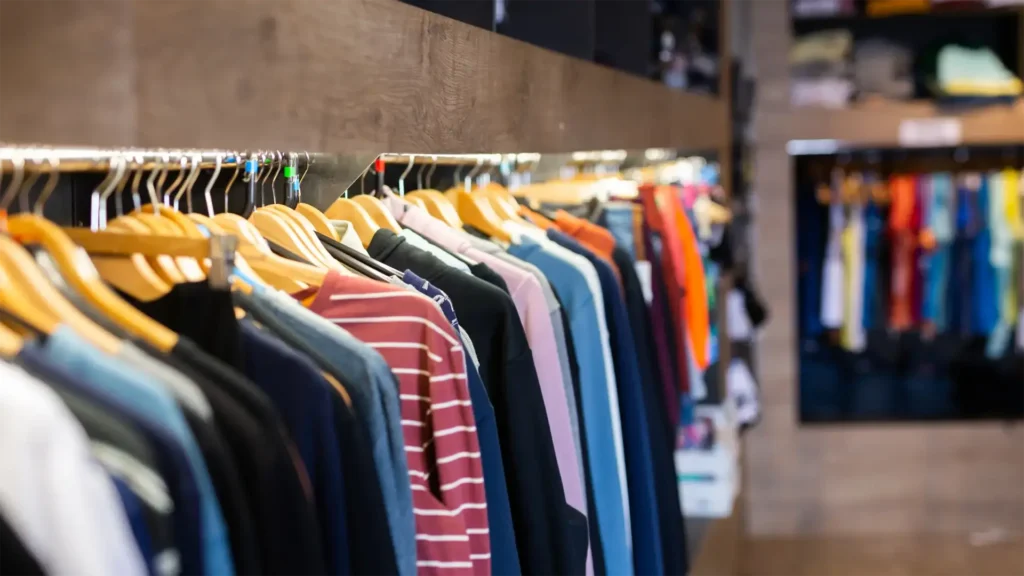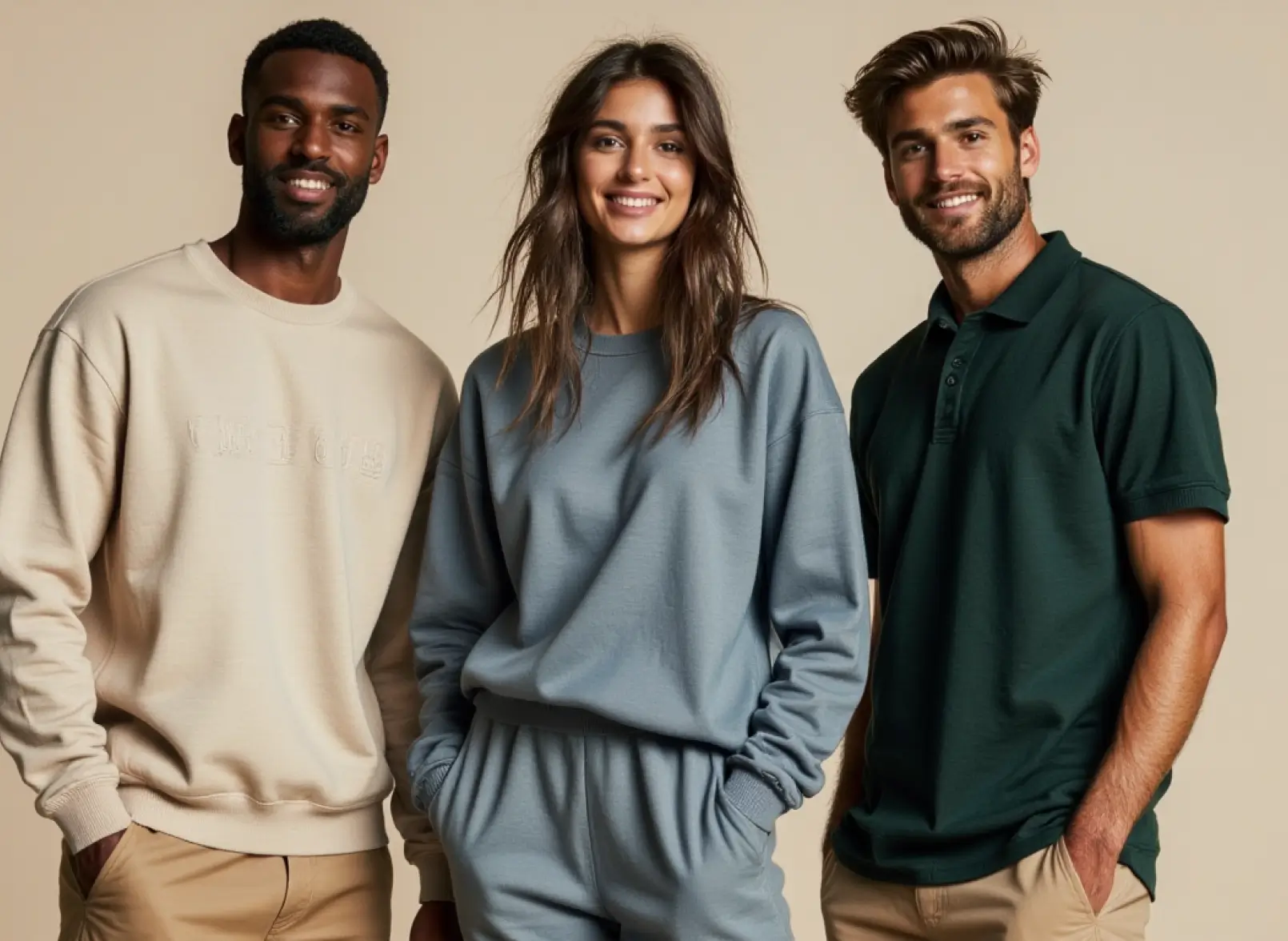Advantage | Description |
Personalization and Uniqueness | Allows for custom sizing and unique design elements, making each garment tailored to individual preferences or specific brand requirements. |
High-Quality Materials and Craftsmanship | Custom clothing often uses premium fabrics and careful construction, resulting in garments that are built to last. |
Brand Identity and Differentiation | Helps businesses stand out by offering unique, branded apparel that sets them apart from competitors. |
Cost-Effectiveness (Long-Term) | Although upfront costs may be higher, long-lasting garments reduce the need for frequent replacements, saving money over time. |
Faster Turnaround Times (Locally) | Working with nearby manufacturers can speed up production and delivery due to shorter shipping times and better communication. |
Improved Quality Control | Being closer to the manufacturer allows for more frequent checks and better management of the entire production process. |
Support for Small Businesses | Partnering with local or small-scale custom manufacturers helps support the local economy and independent artisans. |
Environmental Sustainability | Custom clothing often leads to less waste and overproduction, while using more durable, eco-friendly materials promotes sustainability. |
